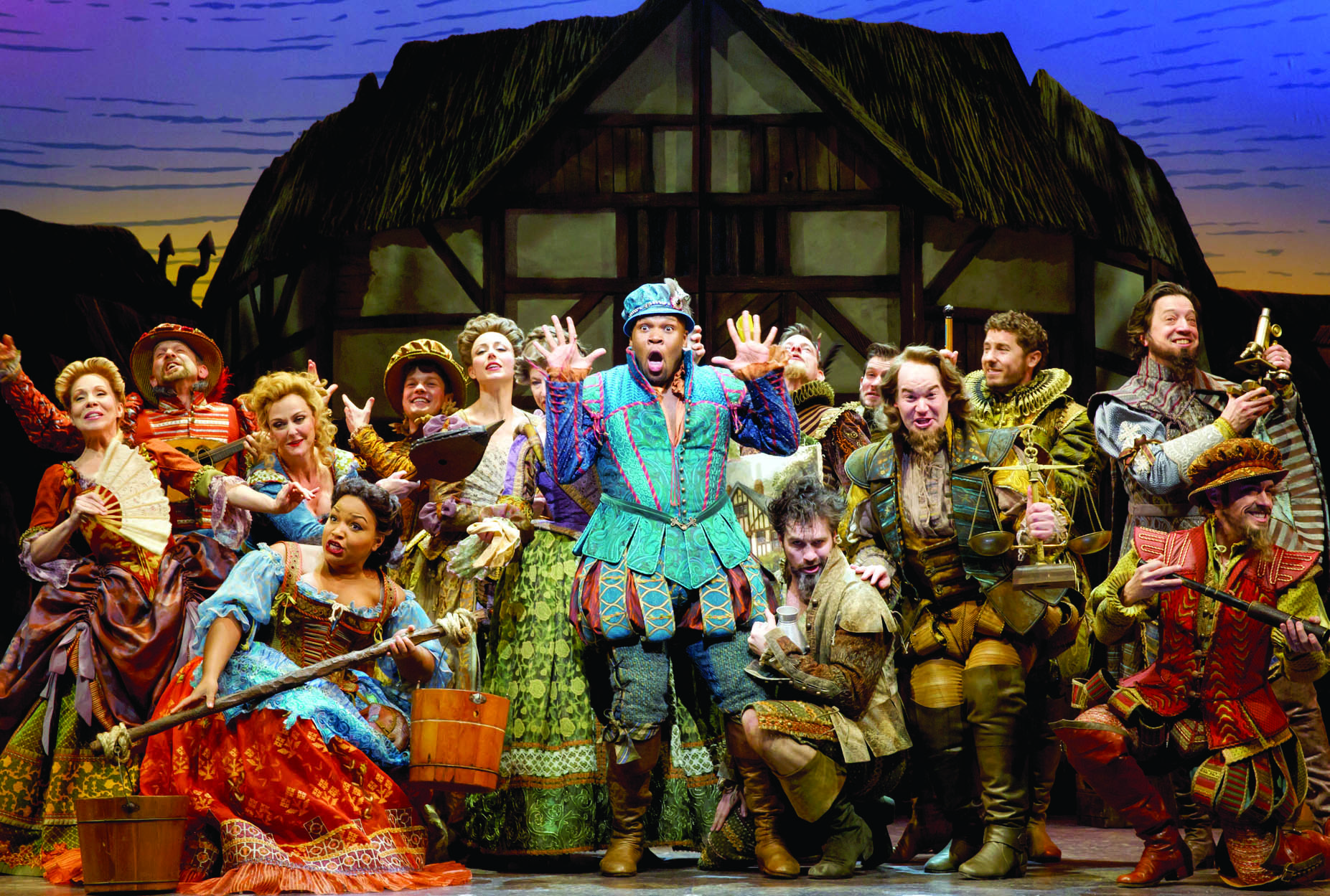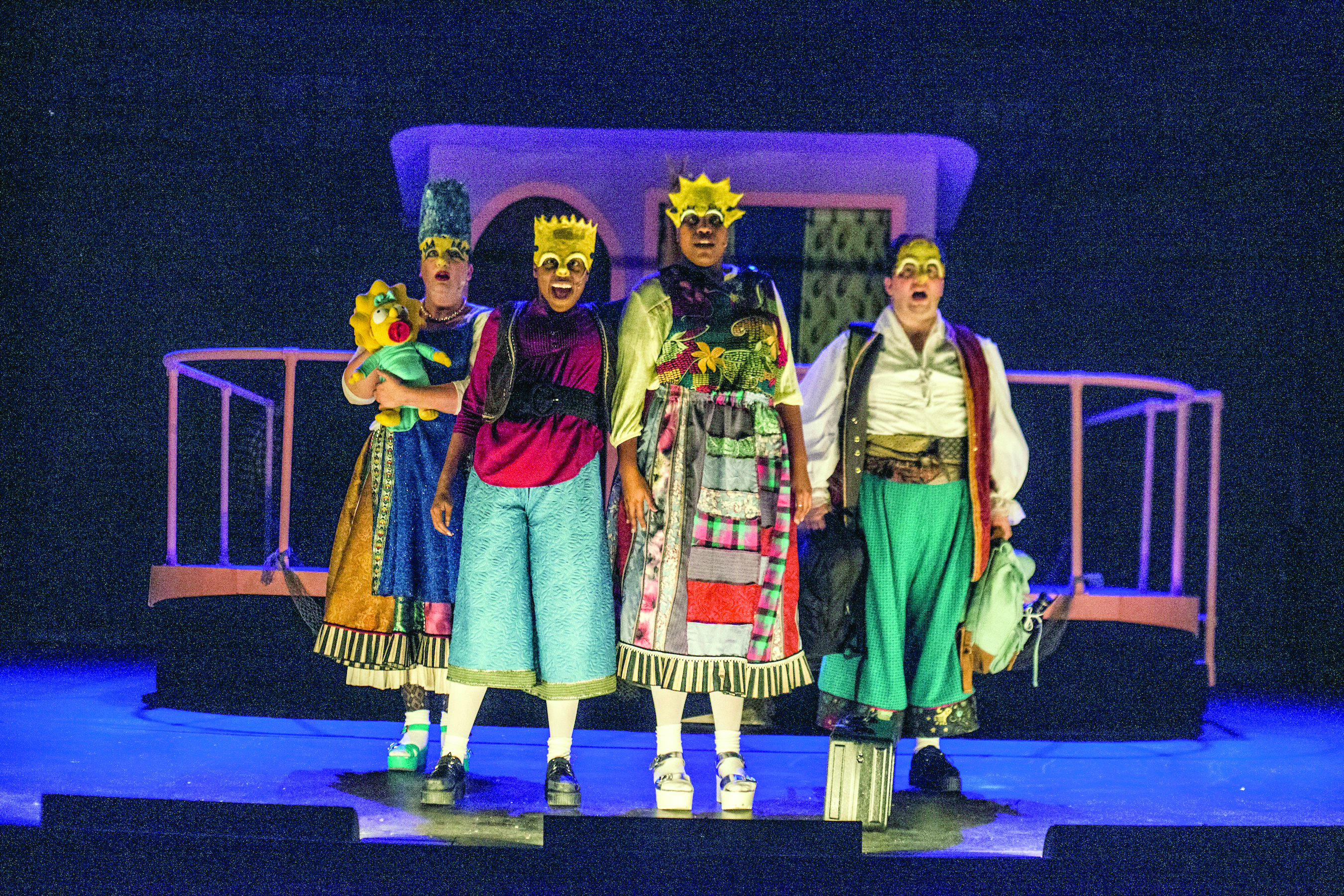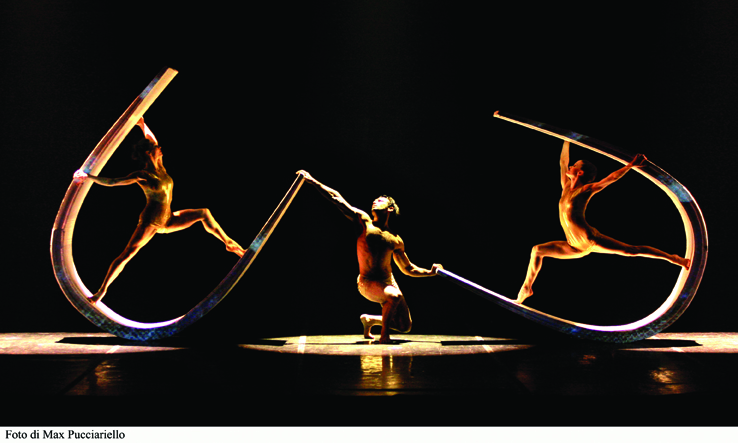Column by Ohio Poet Laureate Dave Lucas
“Rhymes can make sense of the world in a way that regular speech can’t.”
Hip hop mogul Jay-Z (Sean Carter) says it better than I can.
It’s no coincidence that someone who built a career in rhymes argues so persuasively about the persuasive force of rhyme.
“Think about it,” he writes in his memoir, Decoded. “O. J. Simpson might be a free man today because ‘glove don’t fit’ rhymed with ‘acquit,’” recalling defense attorney Johnnie Cochran’s famous couplet. “That’s the power of rhymes.”[i]
Simpson’s ongoing legal problems hardly diminish Jay-Z’s claim: the sonic phenomenon of rhyme carries rhetorical force. As Cochran well knew.
As did the Republicans urging Dwight D. Eisenhower to run for president in 1952, hoping their slogan—i like ike—would convince the General and voters alike.
And as the schoolyard bards who discovered that my surname rhymes perfectly with “mucus” also knew, all too well.
Rhyme can convince the mind of what the ear already knows.
We know that children improvise rhymes spontaneously as they explore and invent language. [ii] As we come into speech the sounds around us begin to make sense, and we begin to sound out our own versions of them.
Recall the stubborn baby brother in A Christmas Story,rhyming over his dinner instead of eating it: “Meatloaf, smeatloaf, / Double-beatloaf. / I hate meatloaf.”[iii]
So rhyme can make sense and make fun. It helps us remember and—as advertisers hope—keeps us from forgetting. Rhymes can be profound—“womb” / “tomb”—or silly—“If called by a panther, / Don’t anther” (Ogden Nash).[iv]
So why, someone will ask, doesn’t poetry rhyme anymore?
I never know how to anther—err—answer. I say that it still does, or that it never did. I say: some poetry rhymed, and some still does. Or I try to change the subject.
Rhyme is a linguistic coincidence, an accident of corresponding vowel sounds and end consonants. That loveable accident has come into and fallen out of fashion several times in the thousand or so years of English-language poetry.
The earliest Old English poems (think Beowulf, circa 700—1000 AD) use alliteration as a structuring principle. Rhyme emerges in English poetry only by the early twelfth century, with the influence of Medieval Latin and French.[v]
So you can thank the conquering Normans indirectly for Geoffrey Chaucer’s couplet: “Spek, sweete bryd, I noot not where thou art. / This Nicholas anon let fle a fart.”[vi] (Whether we can thank Chaucer for the wisdom that “whoever smelt it / dealt it” is another matter.)
As we have seen, Shakespeare’s sonnets rhyme schematically, but his blank verse (unrhymed iambic pentameter) sets the stage for hundreds more years of English dramatic and narrative poetry. Rhyme endured in songs and lyric poems, sneaking on stage every so often to close out a scene.
By the time John Milton writes his prefatory note to the second edition of Paradise Lost (1674), he dismisses rhyme as “the invention of a barbarous age,” arguing that the “jingling sound of like endings” is a kind of “modern bondage.”[vii]
Milton always was a bit grandiose.
Forty years later, in his Essay on Criticism (1711), Alexander Pope used his own rhyming couplets to mock the clichéd “like endings” of lesser poets:
Where’er you find ‘the cooling western breeze,’
In the next line, it ‘whispers through the trees’:
If ‘crystal streams with pleasing murmurs creep’,
The reader’s threaten’d (not in vain) with ‘sleep’.[viii]
Today Pope might mock the rhyme clichés of pop songs: the “desire” that always burns “like fire,” a “love” that must come “from up above.”
If you share Milton’s distaste for the “jingling sound of like endings,” you might prefer slant rhyme instead. That is, a rhyme with the same ending consonant but a different vowel sound, like Macbeth’s “poor player who struts and frets his hour upon the stage.”[ix] If perfect rhymes are sugar to the ear, slant rhymes are salt.
We wait for the perfect rhyme to find its partner, but slant rhymes we may never see coming. Take Paul Muldoon’s poem “Quoof,” a poem about a word—“our family word / for the hot water bottle”—and about the familiar and tribal idiosyncrasies of the supposedly common language we speak.
In the poem, that single awkward syllable—“quoof”— falls between two near-strangers about to share a bed for the first time. The poem acts out their giddiness with each other in its far-fetched, almost-mismatched rhymes:
An hotel room in New York City
with a girl who spoke hardly any English,
my hand on her breast
like the smouldering one-off spoor of the yeti
or some other shy beast
that has yet to enter the language.[x]
I missed these rhymes the first time—let’s be honest—the first several times I read the poem. Keep saying it aloud, though, and the rhymes emerge, each end word paired with an unlikely partner.
“English” and “language” is a maddeningly glorious stretch. Maybe you’ll protest, as I once did: “They don’t rhyme!” And they don’t—at least until you chew them over, letting the sound convince you. The English language we thought we knew seems to change there between the tongue and the ear.
I can’t read “Quoof” without thinking of Bun B’s (Bernard Freeman) verse on UGK’s song “One Day.” The rapper and Rice University lecturer bends the sounds of words to rhyme
“drama / harm ya / bombers / palm of / California / hydroponic / marijuana / sauna / corner.”
On the page these may not read as rhymes. But listen as Bun B’s enunciation links them together. As the verse ends, he grieves for the death of a friend “behind a funky-ass dice game / I saw him once before he died, wish it was twice, man.”[xi] The “a” in “man” lengthens to sound almost like “main.” The rhyme locks into place.
As when Shakespeare seals a scene with a rhyming couplet, Bun B resolves the long series of rhymes with his own. His voice convinces us of the rhyme; the rhyme convinces us of even more.
Your ear already knows all of this.
It knows how rhyme’s hits and near-misses delight and surprise us. How they lurk sometimes in the midst of a line—“The blonde assassin passes on” (Emily Dickinson)[xii]—or announce themselves and their rhymer—“’Bout my coins like Mario / Yeah they call me Cardi B, / I run this shit like cardio” (Cardi B, “I Like It Like That”)[xiii].
Your ear knows, but sometimes the mind needs a reminder. Sometimes the world—at least in rhymes—almost
makes sense.
[i] Jay-Z. Decoded. New York: Spiegel and Grau, 2010. 243.
[ii] Roland Greene, ed. The Princeton Encyclopedia of Poetry and Poetics. 4th ed. Princeton: Princeton UP,
2012. 184.
[iii] Bob Clark. A Christmas Story. MGM. 1983.
[iv] Ogden Nash. “The Panther.” The Best of Ogden Nash. Ed. Linell Nash Smith. Chicago: Ivan R. Dee,
2007. 5-6.
[v] PEPP 431.
[vi] Geoffrey Chaucer. “The Miller’s Tale.” The Canterbury Tales. Ca. 1385. 3805-6.
[vii] John Milton. Introduction. Paradise Lost. 2nd ed. 1674.
[viii] Alexander Pope. “Essay on Criticism.” 1711.
[ix] William Shakespeare. Macbeth. 1606.
[x] Paul Muldoon. “Quoof.” Quoof. London: Faber, 1983.
[xi] Bun B. UGK. “One Day.” Ridin’ Dirty. Jive. 1996.
[xii] Emily Dickinson. “[Apparently with no surprise.]” 1884. Emily Dickinson’s Poems As She Preserved
Them. Ed. Christianne Miller. Cambridge: Harvard UP, 2017. 5.
[xiii] Cardi B. “I Like It Like That.” Invasion of Privacy. Atlantic. 2018.
Lead image: Ohio Poet Laureate Dave Lucas speaking at Brews + Prose at Market Garden Brewery in Cleveland’s Ohio City neighborhood. | Photo / Carissa Russell











